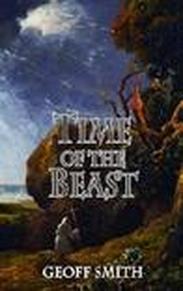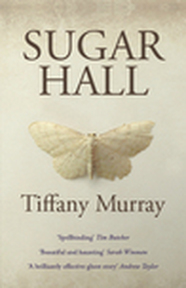| It’s the year 666, and Britain is a battleground; not only warlords fighting for territory but shamans and priests at loggerheads over people’s minds. After daring to challenge the views of his abbot, Athwold, a young monk, opts to become a hermit in the misty swamps of the Fenlands, in an attempt to reconcile himself to his own truth. But this isn’t a story of spiritual seclusion (as in The Anchoress) as his exposure to a scene of horrific demonic carnage (possibly a hallucination brought on by eating mouldy bread) moves him to join the itinerant monk, Cadroc, on the quest to root out the evil once and for all. Here Athwold finds his faith continually tested, as his mind becomes a battleground between rationality and superstition. Are these killers mythical monsters or merely men gone mad? Whose talisman has the power to defeat them, the pagan or the Roman church? |
Reading this in the aftermath of the Paris bombings, and the cranking up of the war on terror in response, the problems of AD 666 did not seem so remote. At times like these, it’s verging on the impossible for world leaders to be thoughtful, but perhaps they need to take the words of the shaman to heart (p204):
Fear has overcome them … because they do not know the true nature of the thing they must confront … whether man or spirit, our enemy is indeed a monster who weaves a web of fear to entangle us, to make us weak and divided, each alone within his soul’s worst terror. We must learn what it is we face and whether to fight it foremost with spear or spell.
Time of the Beast is Geoff Smith’s debut novel. Thanks to Dedalus Books for my review copy.
| Along with his mother, and older sister, ten-year-old Dieter has been uprooted from a modern council flat in 1950s London to Sugar Hall, a crumbling country house. With his father’s suicide, Dieter is the sole Sugar heir, but he hates the house and misses his friends immensely. So when he comes upon a strange boy in one of the outhouses, naked apart from a silver collar around his neck, he’s delighted to have someone to play with. But no-one has told him about the Slave Boy said to haunt the house and lure his ancestors to grisly deaths. As in the contemporary-set novel, How to Make a Friend, the friend soon becomes a threat, as Dieter becomes increasingly debilitated in both body and spirit. |
Like The Cutting Season (discussed in the comments to this post), Sugar Hall is a genre novel that does not flinch from the legacy of European and North American fortunes built on the enslavement of African people. Thanks to Seren for my review copy.























 RSS Feed
RSS Feed





















